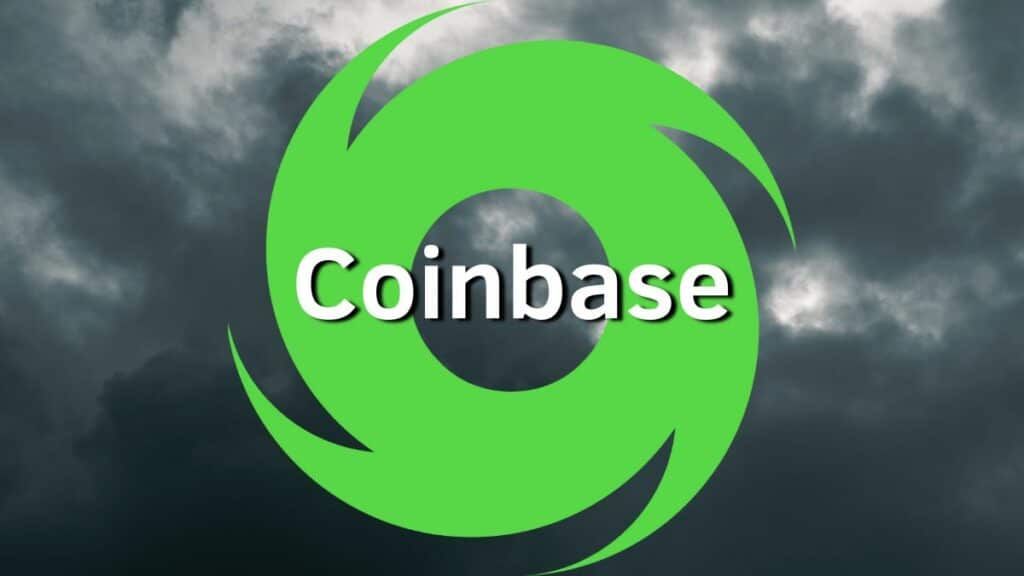On April 5, six parties supported by the American cryptocurrency exchange Coinbase filed a motion for interim summary judgment in a Texas district court regarding the ban of the popular crypto mixer Tornado Cash.
The plaintiffs contend that the US Office of Foreign Asset Control (OFAC), violated the First Amendment’s provision of free speech by acting outside the bounds of its legal authority under the International Emergency Economic Powers Act (IEEPA).
The plaintiffs want the U.S. OFAC to resolve the first two counts in its initial complaint, which was submitted in September 2022. If approved, the judge would make decisions on some factual matters while reserving others for the trial.
Paul Grewal, the chief legal officer of Coinbase, broke down the details of the lawsuit in a ten-post thread on Twitter. Paul maintained that the plaintiffs are asking the court to reopen Tornado Cash for all.
A few months ago, Coinbase backed a legal challenge to sanctions imposed by the US govt against Tornado Cash. Today the plaintiffs filed a motion for summary judgment, asking the court to reopen TC for all. Their arguments are simple but powerful. 1/10 https://t.co/xSngWKxM3x
— paulgrewal.eth (@iampaulgrewal) April 5, 2023
He makes the initial point that if privacy is accessible to everyone, there is a chance that it could be misused by anyone. Nonetheless, the country’s Constitution and laws realize that they cannot deny everyone their right to privacy simply because certain people have carried out illicit behavior.
Banning Tornado Cash Will Jeopardize Internet Privacy

The ban on Tornado Cash not only harms innocent users but also sets a dangerous precedent for the government to restrict privacy-enhancing technologies in the future. The case highlights the ongoing tension between privacy and law enforcement and the need for a balanced approach that respects individual rights while ensuring public safety.
The lawyer also made mention of one plaintiff who used Tornado Cash for an important political speech by donating to the Ukrainian government after Russia’s invasion.
“Without TC to protect himself from online reprisals, he’s now hindered in expressing his views,” he asserted.
A very interesting point made in the motion was that open-source software is not covered by the clause because it only permits the pursuit of property-related actions against foreign “nationals” or “persons.”
To further support their case, the plaintiffs stated that, the rule does not apply to open-source software since it cannot be owned, and that the smart contracts that give Tornado Cash functionality are immutable and ownerless. They said,
“At least 20 addresses in the designation are ownerless, immutable smart contracts—open-source software that is no longer capable of being altered, removed, or controlled by anyone.”
Meanwhile, the complainants stated that, this motion is part of a larger effort to restore internet privacy rights for U.S. citizens, while the crackdown on TC hinders individuals from expressing their views freely online.










